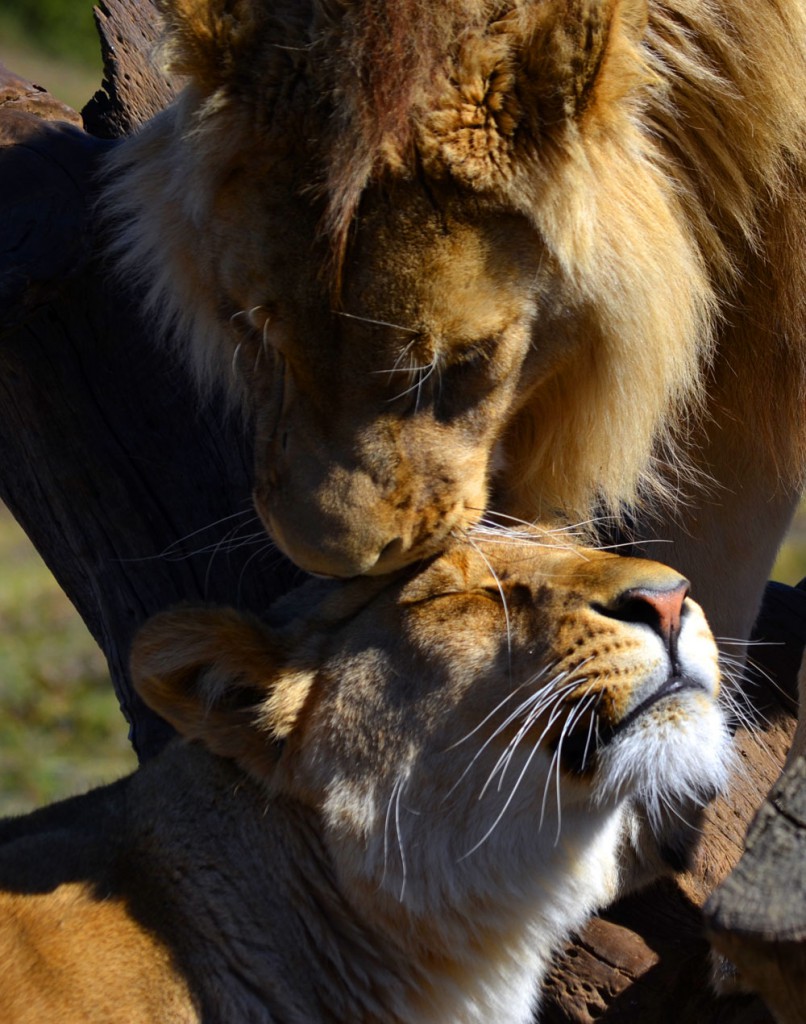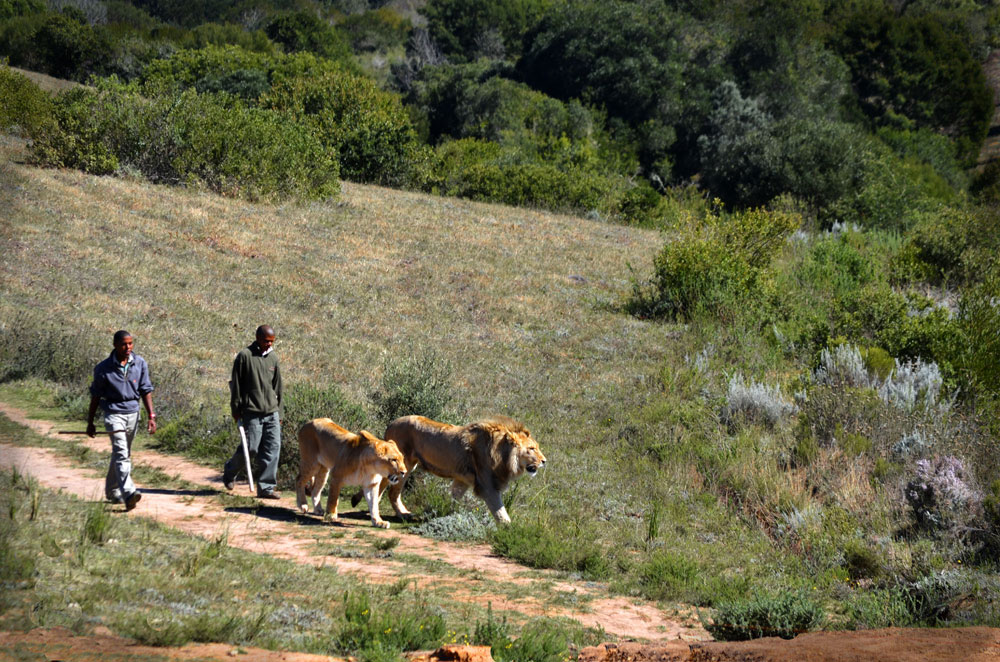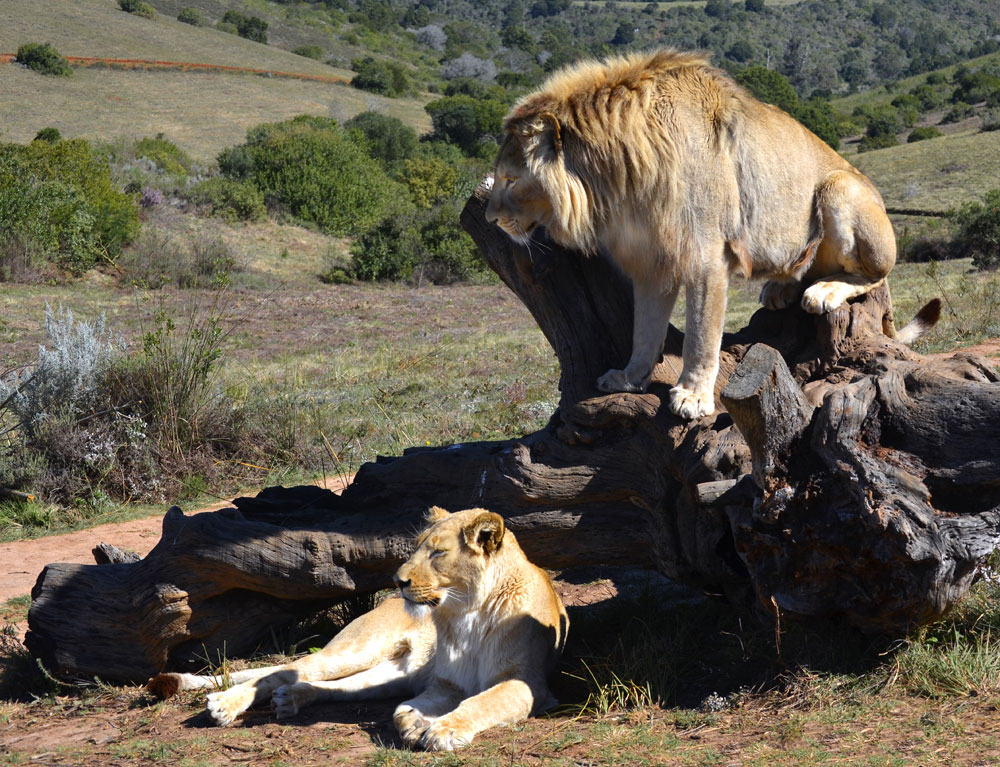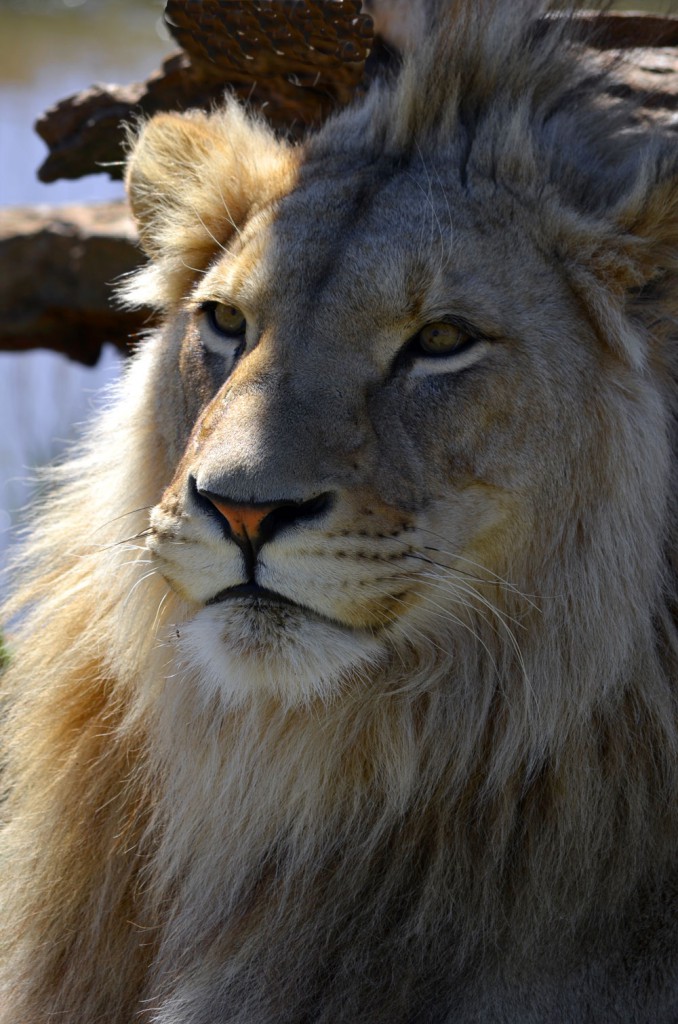Canned Hunting – The Way Forward
- At October 14, 2013
- By Rosemary Wright
- In Guest Writers
 7
7

Canned Hunting – The Way Forward
Many people have responded to the video clip of the canned bow hunt of the lioness, and have asked us to spell out a call to action. Here are our suggestions. First – check out the videos on our website, which include ones by CNN, Al Jazeera and Special assignment. They give a good overview of the issue.
Chris Mercer

http://www.cannedlion.org/videos.html
South Africa
South Africa has a third world government which not only dysfunctional but hostile to any notion of animal welfare. Indeed the President recently commented publicly that compassion for animals was UN-AFRICAN.
Lion farming is too profitable to be stopped in such a toxic conservation climate. Breeders are resourceful, and they manage to externalise much of their lion rearing costs by renting out cubs to be pawed day and night by tourists. Tourists are deceitfully assured that the cub will eventually be set free but in truth, they will all be shot like the lioness in the bow hunt video.
When they become too old for petting they are used to walk with tourists.
Breeders also exploit the spin-offs – the lion bone trade is now booming, with prices reputed to be U.S.$165 per kg, making a lion skeleton worth about $5,000.
And the main income is from trophy hunting, where lions can be worth hundreds of thousand of rands.
In our view, the canned lion industry cannot be stopped by South African agency.
That means the supply of dollars will have to be cut off.
U.S.A.
As you might know, the US. Fish and Wildlife Authority is currently considering a proposal to upgrade the status of lions to “endangered”. We have filed our input at the U.S. F.W.’s website, and so have many of you, but since this would prevent lion trophies from being imported back to U.S. raising the status would really hurt the U.S. canned hunter. At present foreign canned hunters from U.S.A. comprise 55% of the market, the balance coming mainly from Europe. There is also a smattering of hunters from the Middle East.
If you have not done so, liaise with the H.S.U.S. and see how you can help persuade the U.S.F.W. to raise the status of lions.
Europe
About 40% of canned hunters come from Europe. Getting together with other conservation groups and animal welfare organizations to lobby for a ban on the import of lion trophies into Europe would complement the efforts being made in the U.S.A. All the same arguments made in regard to U.S.A. could be employed for Europe on this issue.
Tourism
Non-lethal tourism to South Africa from abroad dwarfs the income made by the lion farmers. Any threat to the security and viability of the S.A. tourism industry would affect income, jobs and tax revenue.
This, far more than sentimental notions of kindness to animals, would attract the attention of the South African government at the highest levels.
A sustained and co-ordinated campaign across Europe – from where most of S.A.’s foreign tourists come – is needed, to raise awareness among:
a) tourism associations and
b) volunteer organisations.
Explain the evils of the lion farming industry, and how they should advise ethical tourists to boycott any eco-tourism resort that offers cub-petting or walks with lions or any other exploitive abuse of lions.
Once eco-tourism resorts stop renting cubs from the lion farmers, the cost of rearing the cub to huntable size will increase dramatically for the lion breeder. This will make the business model of lion farming less attractive.
Conclusion
As you may know, there are fewer lions than there are rhino in the wilds of Africa, and they will become extinct if we do not at least halt the damage done by trophy hunting.
Then we can focus on other threats, such as loss of habitat and farmer/predator conflict. Although the hunting of wild lions would appear to be distinct and separate from canned lion hunting and lion farming, in fact there are insidious links between them which I can explain another time. Suffice to say that lion farming in S.A. and canned lion hunting represent a substantial and growing threat to the survival of lions in the wild.
Since the court case starting in 2008 lions have had no legal protection whatsoever. They have been excluded from the TOPS (Threatened or Protected Species) regulations. This has coincided with a spectacular increase in the trade in lion bones to Asia.
The plight of lions in Africa can hardly be overstated!






Follow – A BEATING HEART